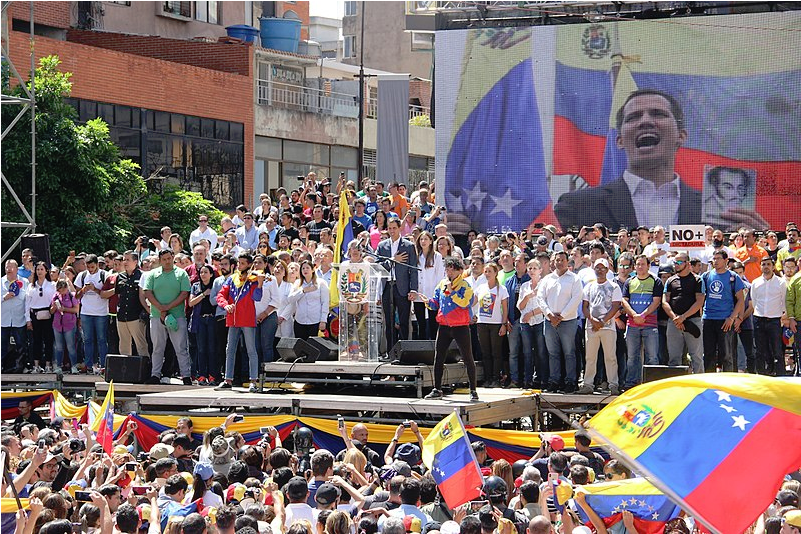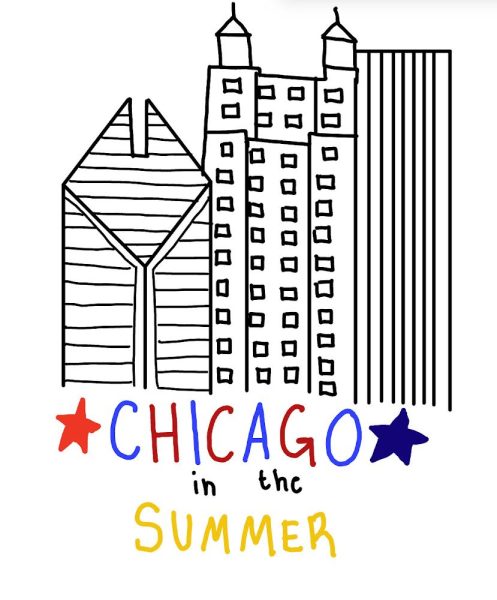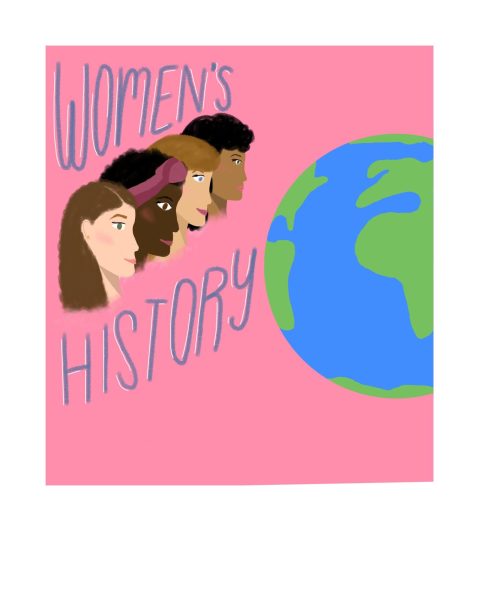Venezuela’s Spiral into Crisis
Poverty, widespread violence, food and medicine shortages, rampant inflation, and a political crisis. The problems Venezuela faces now date back to the rise of former President Hugo Chavez. As president, Chavez centralized power and enacted widespread socialist policies, resulting in an enviable healthcare system and decreasing poverty.
Chavez died in 2013, and his handpicked successor, Nicolas Maduro, took over. Disaster struck in 2014, when oil prices plummeted. Venezuela’s oil dependent economy crashed and government programs failed. Over the coming years, food and medicine became scarce, unemployment and poverty rates rose, lawlessness prevailed, and hyperinflation set in. By the end of 2018, prices were doubling every 19 days on average, resulting in the hyperinflation rate of 1300000%.
Even as the state of Venezuela deteriorated, Maduro continued to amass power. In 2017, he stripped the elected and opposition-led National Assembly of its powers and setup his own National Constituent Assembly. Then Maduro moved up the 2018 presidential election several months, shortening campaign time and guaranteeing his own victory.
This move resulted in outcry and opposition leaders in Venezuela declared the election illegitimate. Juan Guaido, the leader of the National Assembly, then swore himself in as interim president according to the Venezuelan constitution, which outlines such action in the event of an illegitimate election.
The U.S. and much of its allies were quick to back Guaido as president, while Russia and China U.S. backed Maduro. Retaliating against the U.S., Nicolás Maduro broke off relations with the United States, giving U.S. diplomats three days to leave Venezuela.
Now, Venezuela is staring down the barrel of a civil war, with few likely alternatives. One of these alternatives is the establishment of special elections to freely and fairly elect the next president of Venezuela. The E.U. voted to endorse this action, but Maduro refused. With no other courses of action emerging, both Guaido and Maduro are working to amass supporters and power in preparation for a larger conflict.
Guaido, who holds little real power after Maduro neutered the National Assembly, is working to bring humanitarian aid into the country. Maduro has refused humanitarian aid, supplied largely by Western countries whom he routinely criticizes, and Guiado hopes an influx in food and medicine will win him support. However, he will have to get the supplies through Maduro’s security forces and then distribute them throughout the country, both large challenges.
Maduro, meanwhile, is tightening his grip on the military, a key asset during time of unrest. Maduro has retained the military’s support as a result of his generous pay raises over the years, but it is possible that lower level officers will begin to defect to Guaido, splitting the military and placing the country even closer to civil war.
As tensions continue to rise in Venezuela, the world will look to powers like the U.S., China, and Russia for leadership. As of now, however, these governments have made no effort to cooperate in finding a peaceful resolution. Meanwhile, the threat of civil war looms large over Venezuela.





